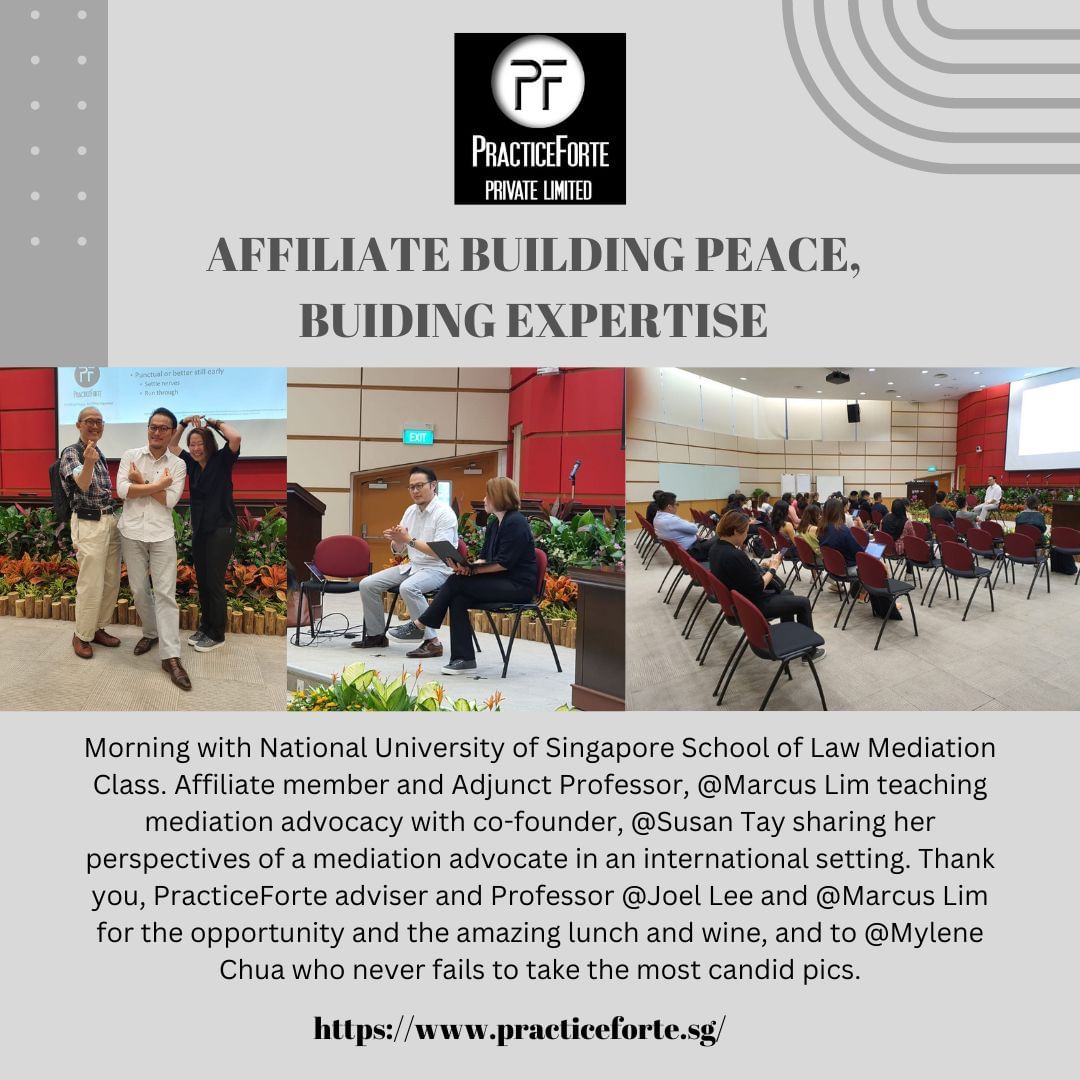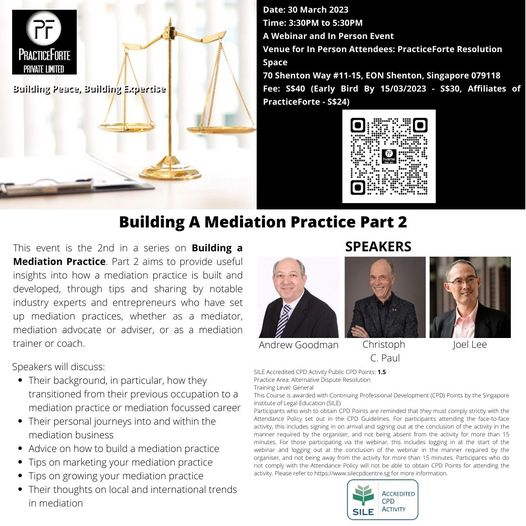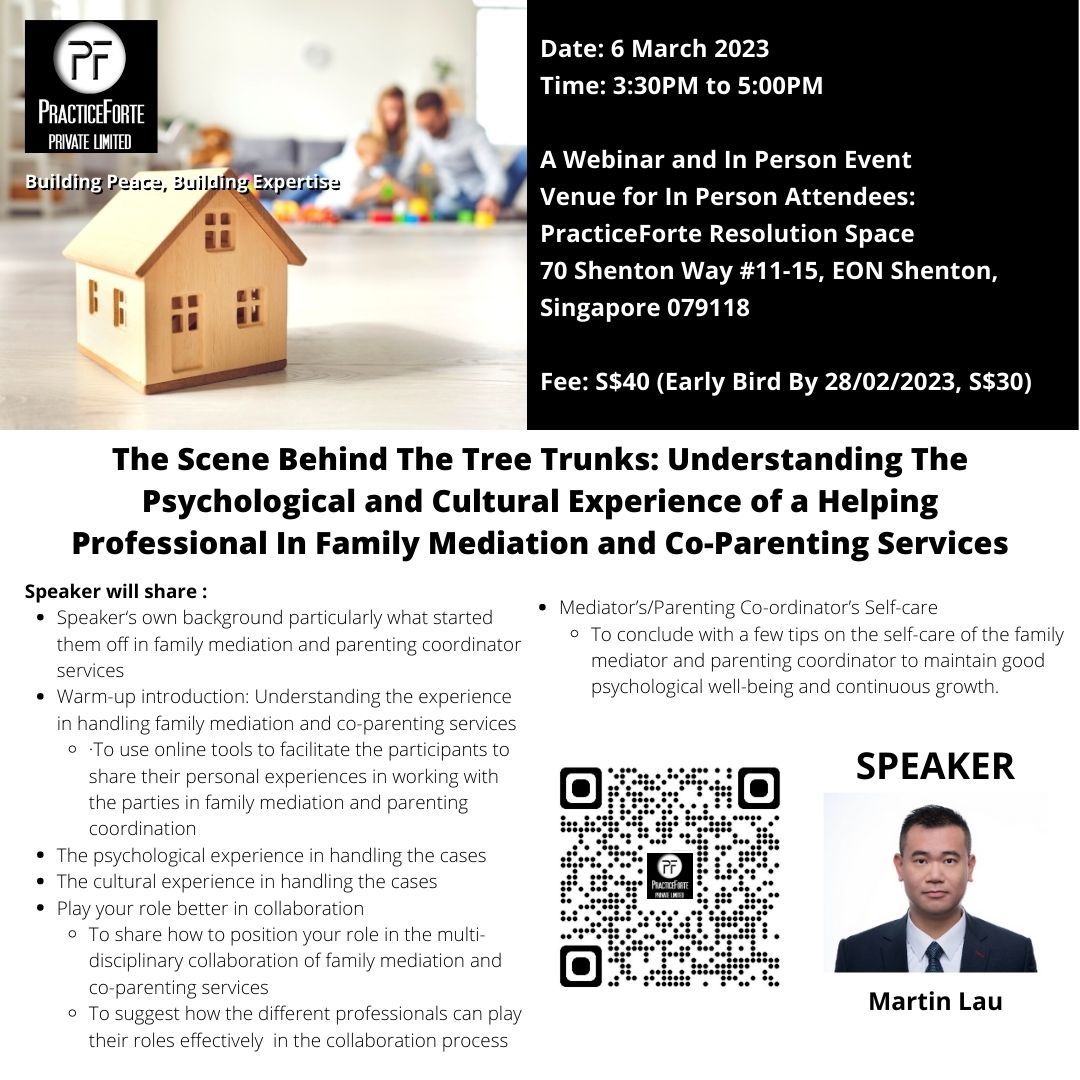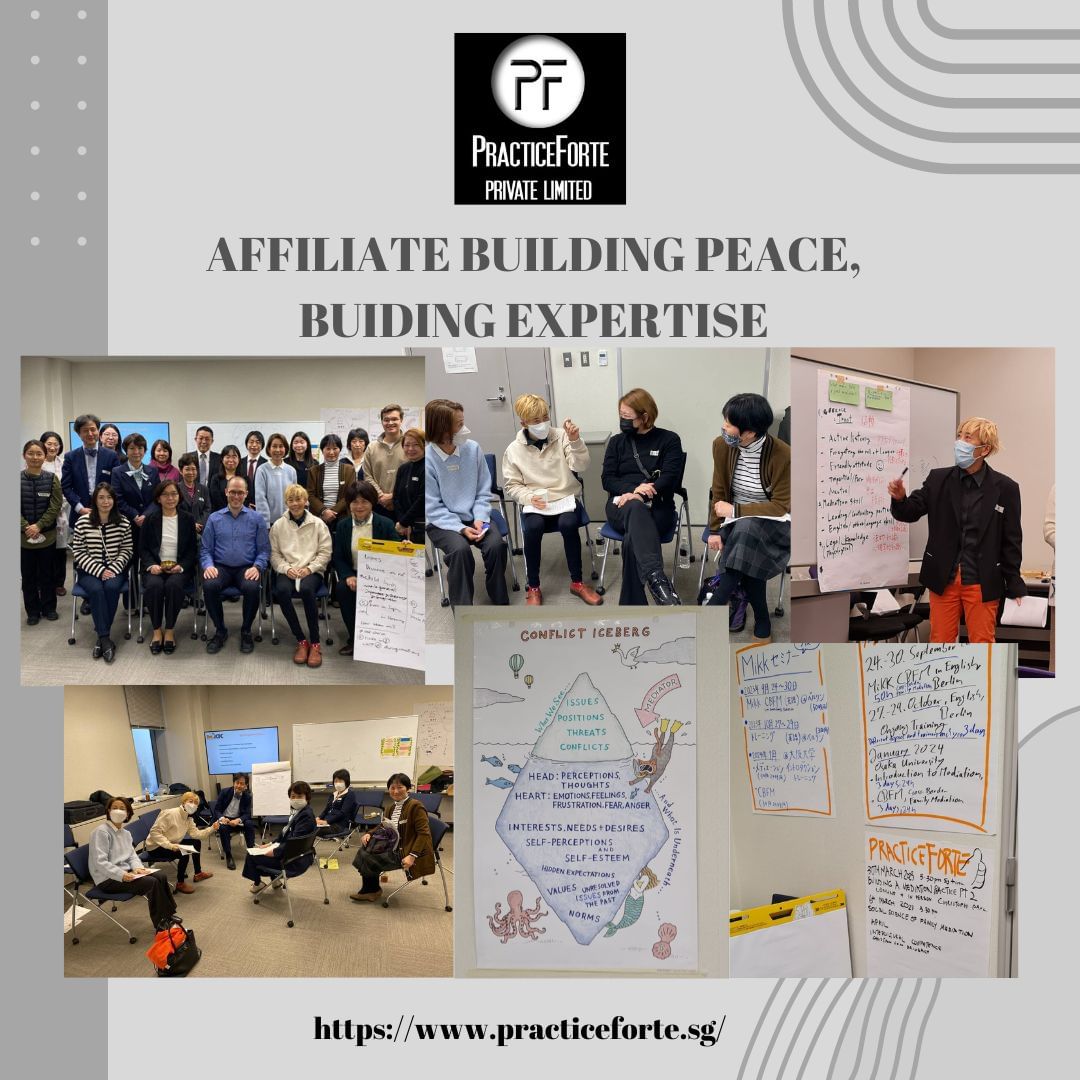By Lim Seng Siew, Director OTP Law Corporation
Tik-tok, Facebook, Instagram, even Twitter (notwithstanding recent problems) are popular. All wishing to encourage the listener or viewer, to adopt a particular behaviour or view. Sometimes to promote a political or social agenda. Other times to influence the viewer’s buying habits. Such influence pedaling have existed for years, if not centuries; beginning with coffee shop talk about social or political issues of the day, leading on to advertisements on TVs, newspapers and magazines.
Why then the ‘undue concern’ with online social media? What makes the Cambridge Analytica scandal different from the many other scandals involving journalists or newspapers being ‘bought’ by politicians? Without waiting for the conclusion of the analysis of the influence of social media, many countries have put in place regulations to govern the conduct of the ‘social media influencer’. While some regulations have the force of law, others set out norms of behaviour or guidelines.
Like many other countries, Singapore has legislation that govern the conduct of the platforms themselves. To name a few: the Online Safety (Miscellaneous Amendments) Act, the Foreign Interference (Countermeasures) Act and the Protection from Online Falsehoods and Manipulation Act.
This article focuses on the individual social media influencer. Please bear in mind that this article is not a comprehensive, all-encompassing review of all applicable laws but only highlights some of the key ones. There are also sectorial specific regulations. As examples: MAS has regulations and guidelines for advertisements in the financial sector. All professionals (like lawyers, doctors, accountants, engineers, architects etc) have regulations and guidelines governing publicity and advertising of their professional services.
The Influencer Market
The influencer market in Singapore is expected to grow strongly in the next few years as Singapore has a large internet base of users. According to Statista Research, in 2022, the internet penetration rate in Singapore is at 92% of its population. To tap this market, many Singapore brands have an online marketing budget. The influencer market spans from key opinion leaders or KOLs (who have a large following as they are trusted as the expert or the authority in a particular field) to the nano-influencers (who have a strong impact on very targeted segments of internet users), with a whole lot of others in between. The market divides these ‘in-betweens’ into: mega-influencers, macro-influencers, mid-tier influencers, and micro-influencers. Some market experts predict that for 2024, the influencer market will hit S$2.59 billion.
The most used social media platforms in Singapore for 2022 are WhatsApp and Facebook with Instagram coming in third. It is expected to remain the same for 2023.
ASAS Guidelines for Interactive Marketing Communications & Social Media
Follow the Guidelines by disclosing that the content is sponsored and don’t artificially boost your followers!
In August 2016, the Advertising Standards Authority of Singapore (ASAS) issued, as part of the Singapore Code of Advertising Practice (SCAP), the Guidelines for Interactive Marketing Communications & Social Media (Guidelines). In addition to the Guidelines, guidance notes (in Annex B) on how to interpret the Guidelines were also issued by ASAS. In particular, the guidance notes clarify the types of sponsorship arrangements that require disclosure and the form such disclosures should take.
While the Guidelines do not have the force of law, non-compliance can lead to industry-level sanctions. Such sanctions, in order of severity, are:
a) Informing the advertiser to amend or remove the advertisement in question.
b) Withholding advertising space or time from advertisers.
c) Publishing details of the outcome of its investigations, ie naming and ‘shaming’ the advertiser and the breach, with the consequential adverse publicity.
d) Referring the matter to the relevant authorities for action under the Consumer Protection (Fair Trading) Act.
From Aug 2016 to 2020 there were 10 breaches of the Guidelines, mainly relating to the lack of disclosure of sponsored content. Once notified by ASAS, the postings were amended by the influencers concerned to comply with the Guidelines.
The Guidelines do not cover ‘earned media’, ie media that is driven by consumers’ sharing and engagement and it not sponsored. Examples include using ‘likes’, ‘re-tweets’ and reviews (and similar content) that is not paid for.
Sponsorship is not limited to money sponsorship. It includes benefits-in-kind. So free meals, goods, vacations, samples, ‘friendly favours’ and ‘special invites’ provided by a company that guides the creation of the content is considered sponsorship.
If a marketing post is paid for or sponsored by a company, the influencer who endorses the product or service must distinguish such marketing post from other postings where the influencer is merely expressing his or her own opinion of the product or service.
The marketing post:
a) must indicate, in clear and simple language and in an easily seen location, that there is a commercial relationship between the influencer and the company or that the content is sponsored;
b) should reflect the true feelings of the influencer for the product or service;
c) must not be misleading;
d) must not claim that the product or service is endorsed by an organisation or individual when it is not;
e) must not appear to be impartial when it is in fact created to promote a product or service; and
f) must indicate clearly the fee or price for the product or service and state clearly sale conditions that are likely to influence the consumers’ purchase decision.
If the marketing post is directed at children (ie 12 years old or younger), the content must be appropriate and suitable for the age group of the children the post is targeted at.
The Guidelines also prohibit an influencer from using fraudulent means to boost user engagement. Such fraudulent means include bulk purchasing of ‘likes’, creation of fake accounts and the use of bots that generate page views. A study in 2019 suggested that 47% of Singapore influencers used artificial means to boost their followers.
As earlier stated, one of the sanctions that ASAS can take is to escalate the non-compliance of its Guidelines by referring the matter for action under the Consumer Protection (Fair Trading) Act (CPFTA). Section 6 of the CPFTA allows a consumer to take action against the supplier of the goods or services who engages in unfair practices. A “supplier” in the CPFTA is defined wide enough to include someone who promotes the sale or use of that product or service, ie an influencer.
Intellectual Property Rights
Respect the creative work of others! Don’t claim as yours what is created by others.
An influencer who uses someone else’s photograph, art, writing or other types of creative works as the influencer’s own infringes the copyright of the owners of the work. This will expose the influencer to civil liabilities, fines and even imprisonment.
Be aware that works that you find on the internet or even on websites that claim such works are ‘royalty free’ may not in fact be ‘free’. After all, that website may itself infringe the copyright of the true owners of the works.
Tax
Pay your taxes!
The Inland Revenue Authority of Singapore (IRAS) has a document called “Essential Tax Information for Social Media Influencers such as Bloggers and YouTubers” to guide influencers on their income tax obligations.
All payments and benefits derived from the carrying on of blogging, advertising and any other activity performed on social media platforms as a trade or business constitute gains or profits from a trade or a business and is therefore taxable. Non-monetary benefits-in-kind are taxable. Income earned on a part-time basis is also taxable.
However, because of the practical difficulty with recording and tracking small value non-monetary goods or benefits, IRAS does not require influencers to declare such non-monetary benefits if (a) the product or service is given on an ad-hoc basis for one-off consumption or testing; and (b) the value of each product or service does not exceed S$100. If the product or service exceeds S$100, the full value must be declared. If the supply is a recurring one over a period of time, the full value of the benefit must also be declared.
Crimes
Don’t use your platform to engage in online harassment or cyberbullying!
An influencer with a large following can use such influence for the wrong purposes. Making threatening or insulting statements about others with the intention of harassing them is an offence under the Protection from Harassment Act (POHA). Such statements may also be defamatory, which can give rise to both civil and criminal liabilities.
Cyberbullying is a term that actually encompasses a number of criminal offences. Unlawful stalking is an offence under section 7 of POHA. Criminal intimidation is an offence under section 503 of the Penal Code. Transmission of obscene images electronically is an offence under section 292 of the Penal Code. Doxxing is an offence under sections 3 and 5 of POHA.
Cross-Border Nature of Social Media
You may also need to comply with the regulations of other countries!
Because of the cross-border nature of social media, an influencer may also have to be aware of the regulations of other countries. This is especially so if the product or service can be bought by consumers in those other countries. As an example, the UK Competition & Markets Authority (CMA) has Advertising Guidelines for influencers (Sep 2018) and Transparency Guidelines for influencers (Jan 2019) that makes hidden advertising illegal in the UK.
Financial Sector
Know your products’ business sector!
Being an influencer in the financial sector, or “finfluencer”, has many more regulatory compliance issues. Social media postings that contain financial or investment ‘advice’ to viewers or followers, even if not sponsored, is regulated.
In Feb 2021, the Monetary Authority of Singapore (MAS) and the Singapore Exchange (SGX) issued a statement warning investors about trading securities incited by online discussion forums and social media groups, the ‘pump and dump’ activities. Finfluencers who exploit such ‘pump and dump’ activities for their own benefit can be prosecuted for market misconduct under the Securities and Futures Act.
In Jan 2022, MAS banned the advertising of digital token products to the public on any media, including social media, to protect the general public from the risks associated with cryptocurrency trading.
You, as a finfluencer, posting on social media about the financial sector should keep up-to-date with the latest in a rapidly changing regulatory environment if you wish to avoid breaching any of its rules.
Platform Rules
Follow the Platform Rules!
Many, if not all social media platforms, already have terms of use or community standards that require their users to comply with disclosure requirements. Some have changed their user interfaces with standardised advert disclosure placements so that its users cannot feign ignorance. Also, the use of artificial means to boost user engagement is often a breach of such terms of use or standards.
The result of a breach can be suspension or deactivation of an influencer’s account (and thus, revenue) on that platform.
Contract
Follow the contract!
Brands (or their campaign agents), especially the larger more established ones, will have standard contracts that they require influencers to sign. They usually set out: (a) what are the influencer’s deliverables; (b) the outcomes or metrics of success; (c) the compensation for the influencer; and (d) the general obligations and conduct expected of the influencer.
Understand what you are signing. If you are not clear, ask. If something troubles you, ask that they be changed. If they cannot be changed, think seriously whether you want to sign.
Conclusion
Being an influencer trying to promote yourself and your brand’s products and services is not easy. There are many influencers who ‘do the quick and dirty’ and give the industry a bad name. Singapore has taken the approach of using ‘soft-law’ to regulate the influencer market, in part because the regulators do not want to stifle a growing and fast changing environment.
We will have to see if the ‘soft-law’ nature of Singapore’s attempts to regulate influencer marketing and protect consumers are working or if ‘hard law’ will be required.













